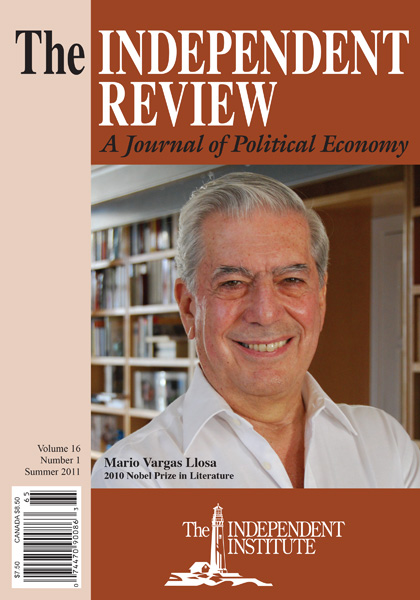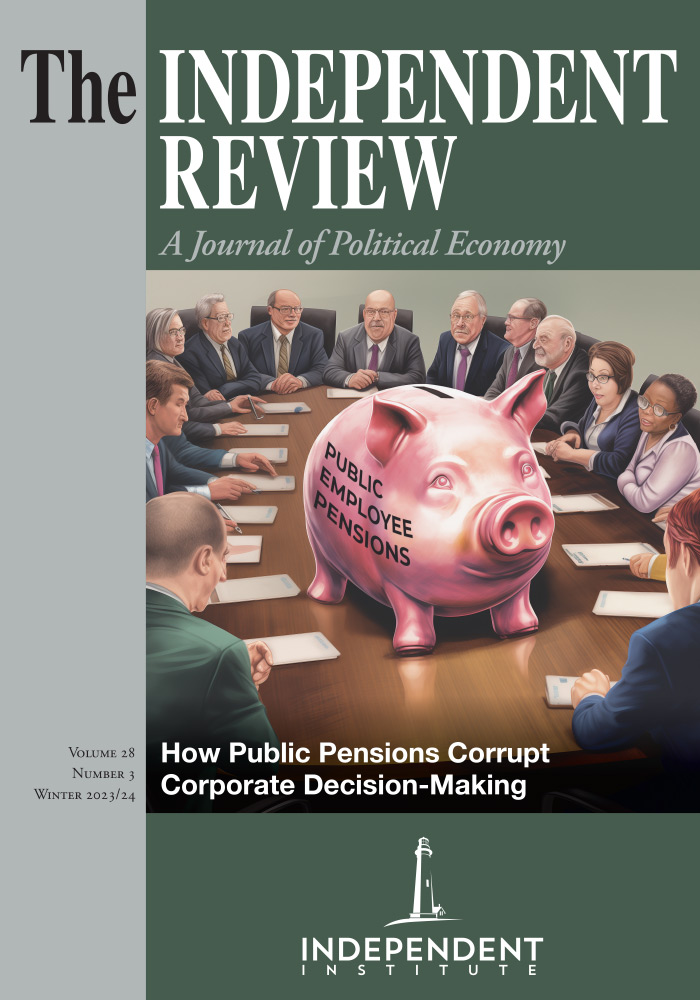Religious toleration has characterized Western thought since the writings of John Locke and Samuel von Pufendorf in the late seventeenth century, but philosophers and others now search for comprehensive and principled answers to questions about the limits of religion in public life. Thinking about religious liberty in terms of property rights and rational individual behavior can help us avoid religious discrimination, while protecting both the public order and the legitimate rights of all private individuals.
Article
Western nations maintain variously high walls of separation between church and state. One consequence of this separation is the ongoing dilution, often preceding the occasional disappearance from “public” life, of traditional religious practices and symbols—display of the Ten Commandments, for example. This drift leads some philosophers of religion to conclude that official government neutrality toward religion has constructively “privatized” it (Trigg 2007).
Another consequence of separation and neutrality is a perceived loss of social unity within Western nations, which is coincident with the diminished public display of religious symbolism. This loss is more easily felt than quantified, however, and it is evidently felt most tenderly by philosophers of religion and others who are both privately religious and strongly attached to their society’s old ways.
Western scholars of many stripe also worry that the West’s insistence on official religious neutrality, tolerance, sensitivity, inclusion, and pluralism—especially to the extent of coddling militant elements of foreign religions and cultures—falls nowhere short of being naively, fatuously, and irresponsibly suicidal. The atheist philosopher Sam Harris offers a blunt assessment of the present situation: “Many religious moderates have taken the apparent high road of pluralism, asserting the equal validity of all faiths, but in doing so they neglect to notice the irredeemably sectarian truth claims of each. . . . So long as it is acceptable for a person to believe that he knows how God wants everyone on earth to live, we will continue to murder one another on account of our myths” (2004, 15, 134). Events surrounding the construction of an Islamic cultural center near New York City’s “ground zero” site and the worldwide consequences in 2010 of a tiny Florida congregation’s plan to commemorate the events of September 11, 2001, by burning copies of the Qur’an evince the intensity of feeling all around.
| Other Independent Review articles by James A. Montanye | ||
| Summer 2018 | Digital Revolutions in Public Finance | |
| Winter 2015/16 | Does Altruism Exist?: Culture, Genes, and the Welfare of Others | |
| Fall 2014 | The Great Debate: Edmund Burke, Thomas Paine, and the Birth of Right and Left | |
| [View All (24)] | ||









